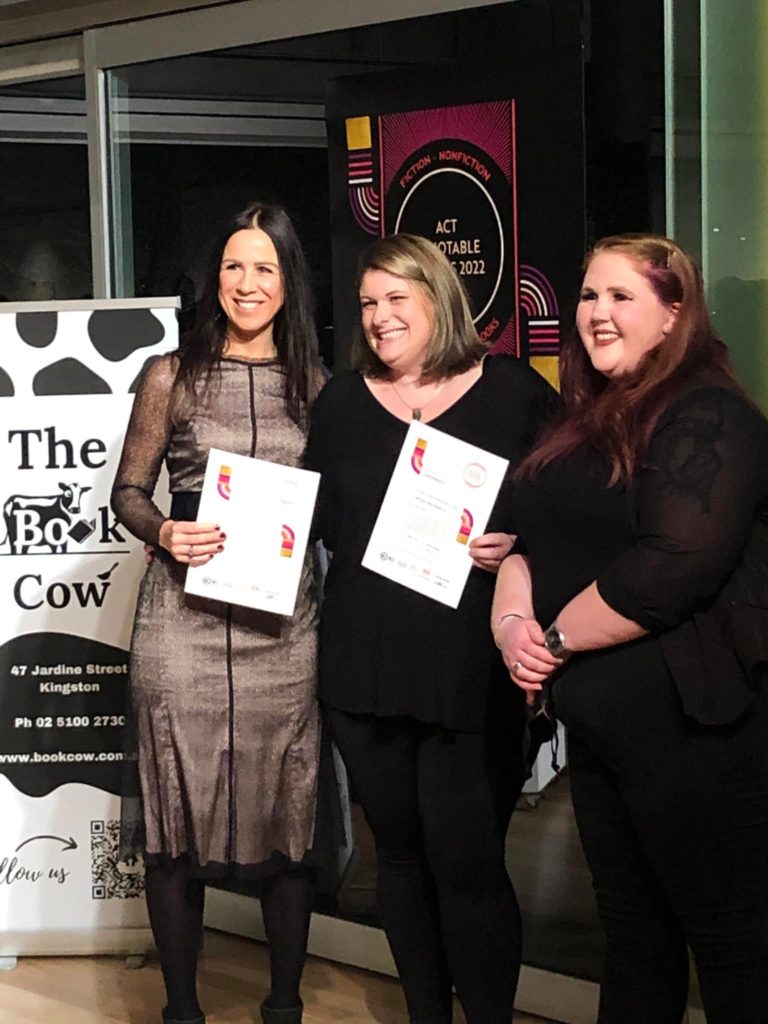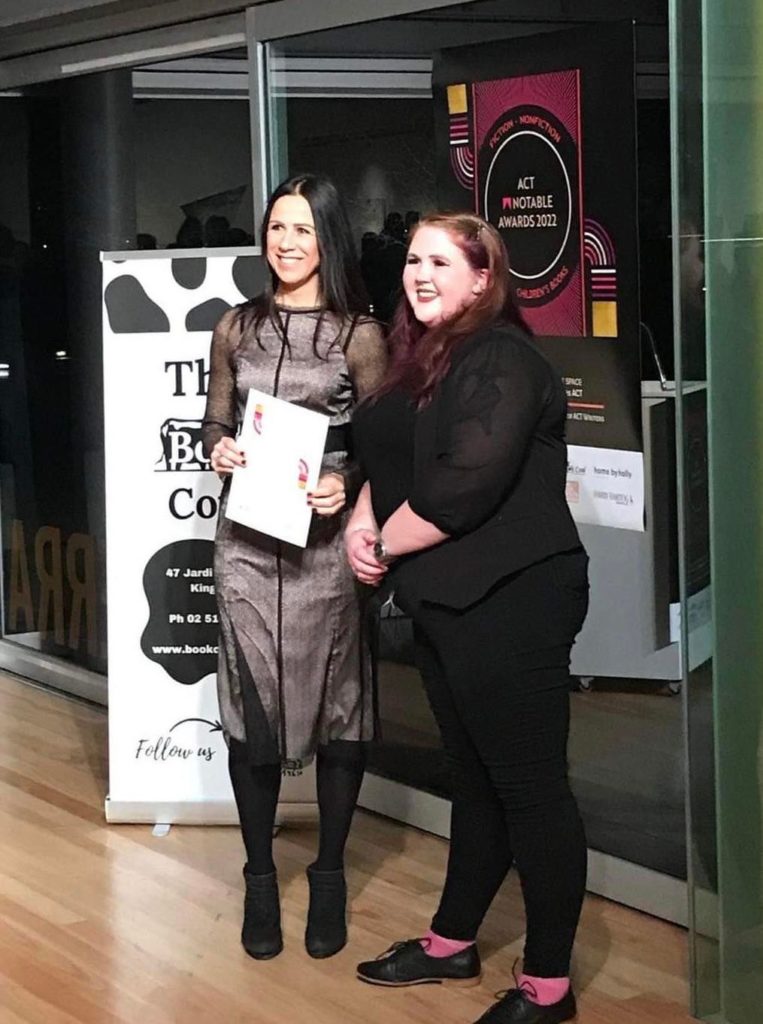In order to make a living most writers take on a range of different work, and Nigel Featherstone may have one of the best jobs in the biz. Managing the HARDCOPY program, he works with emerging writers and industry professionals — agents, publishers, editors — from around the country. Having been involved in a very minor way (speaking on a panel of authors one year, assessing applications another), I’ve seen firsthand what a unique and transformative program HARDCOPY is. So I asked Nigel to share the top ten things he’s learned from spending time with so many industry greats.
Read More »Guest post: HARDCOPY pearls
Although I am lucky enough to spend the majority of each week writing, and primarily writing literary fiction, I am also lucky enough to spend a day each week at the ACT Writers Centre delivering HARDCOPY, a national emerging writers program funded by the Australia Council for the Arts. Having been involved in every element of the program — behind the scenes and as well as facilitating some of the sessions — I have had the opportunity to meet many key figures in the Australian publishing industry and authors, as well as get to know almost 120 new Australian writers, some of which have work that has hit the bookshelves or are about to. Needless to say, I have learned a huge amount, and in a moment I’ll share with you the ten key things I have learned from coordinating HARDCOPY.
But first, what exactly is HARDCOPY?
Established in 2014, HARDCOPY is a six-months-long national professional development program that helps build the capacities, aptitudes and resources emerging Australian writers need to reach their potential. The program is the flagship initiative of the ACT Writers Centre.
By creating an environment that is educative, vigorous and nurturing, HARDCOPY helps writers develop their manuscripts; increases industry knowledge; facilitates relationships between writers and publishing professionals; and breaks down the barriers of location and geography. HARDCOPY aims to develop writers who will have longevity as Australian writers, and the program is underpinned by the principle of pragmatic optimism: being aware of the challenges, but also being positive about the future.
There are three key stages to the program: a three-day manuscript development intensive with Nadine Davidoff, in May; a three-day series of industry presentations and panels, in September; and one-on-one feedback sessions with prominent Australian agents and publishers, in November. Each year, thirty emerging writers are selected to participate in the first two stages, with ten of the thirty then being selected for the agents/publishers feedback sessions.
So what have I learned about writing from coordinating HARDCOPY?




